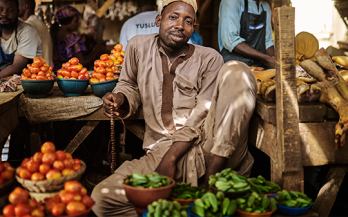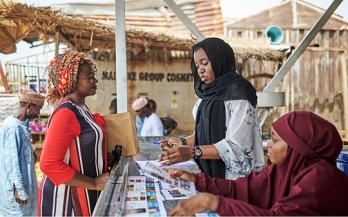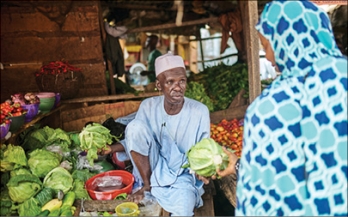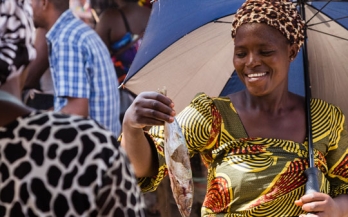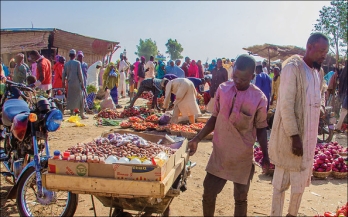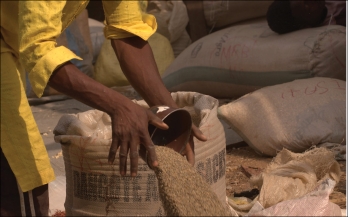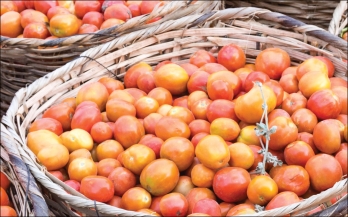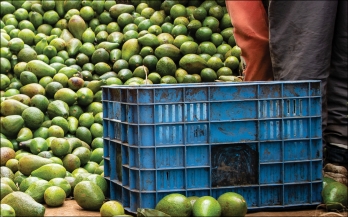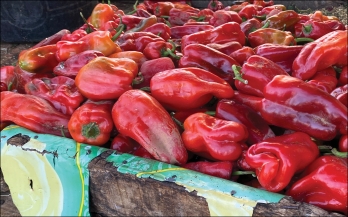The NFCMS 2021 provides valuable insights and highlights the need for strategic investments in agriculture, nutrition, and food systems. While progress has been made, there is a clear imperative for improved implementation and expanded coverage of nutrition interventions across diverse population groups.
Reducing foodborne disease in low- and middle-income countries (LMICs) is crucial for advancing nutrition, health, and other development goals. The U.S. Agency for International Development (USAID)/Feed the Future’s Evidence and Action Towards Safe, Nutritious Food (EatSafe) program sought to harness consumer demand as a mechanism to improve food safety practices and generate evidence on how to raise consumer demand for safe, nutritious foods in traditional market settings—the main source of food for most LMIC consumers.
As part of EatSafe's effort to evaluate the impacts of food safety behavior change interventions, this report summarized food safety behaviors and behavior drivers across four food safety macro-indices, assessed via structured surveys of vendors and consumers in Nigeria.
Nigeria’s plan for the transformation of its food systems, presented after the landmark 2021 United Nations Food Systems Summit, is proof of its strong political dedication to implementing impactful changes in the country’s food systems.
In this paper, EatSafe examines the process of “making a market” through a case study of vendors and consumers, using in-depth interviews, in Birnin Kebbi, Nigeria. Results demonstrate that market transactions are influenced by a complex interaction of vendors’ norms on competition and collaboration, consumers’ needs for credit amid unpredictable prices and restrictive gender norms, and a “moral economy” that appears to guide market actors’ behavior.
EatSafe interviewed producers, processors, transporters, storage providers, and wholesalers of six food commodities to understand perceptions and actions related to food safety hazards across Nigerian food supply chains.
The Commercialisation for Biofortified Crops (CBC) project was launched by GAIN and HarvestPlus in 2020 with an overall goal to reach at least 167 million consumers with nutrient-dense biofortified foods (previously piloted by HarvestPlus) by 2022 in six countries in Africa (Nigeria, Kenya, and Tanzania) and Asia (India, Bangladesh, and Pakistan), through commercial pathways.
This paper, published in Advances in Nutrition & Food Science, explores the moisture adsorption behavior of dried tomato slices purchased from a food market in Abeokuta, Ogun State, Nigeria.
In Nigeria, packaging of fresh fruits and vegetables especially tomatoes is mostly done using traditional woven baskets from palm fronds. This study assessed the potential impact of replacing these woven baskets with plastic crates.
EatSafe collected samples of seven nutritious commodities to assess the relative exposure and risk of foodborne illness from consuming products commonly sold in traditional food markets in northwestern Nigeria.
